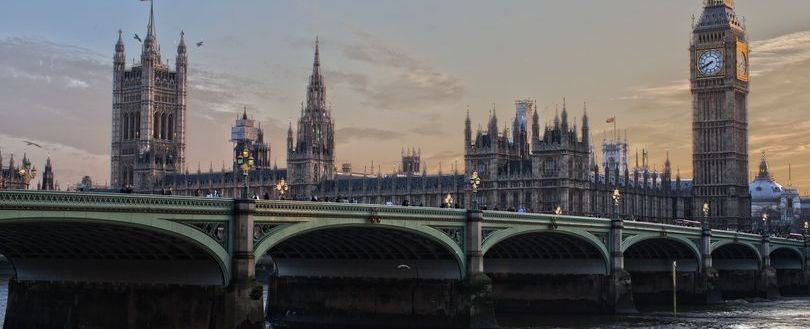
Home Office stresses need for checks on fire safety responsibilities
Like it? Share it!
14 December 2022
The guidance, entitled ‘Check Your Fire Safety Responsibilities Under the Fire Safety (England) Regulations 2022’, can be found on GOV.UK at https://www.gov.uk/government/publications/check-your-fire-safety-responsibilities-under-the-fire-safety-england-regulations-2022/check-your-fire-safety-responsibilities-under-the-fire-safety-england-regulations-2022
The information published asserts: “This guidance is for people who have responsibilities under the Fire Safety (England) Regulations 2022. You will have such responsibilities if, under the Regulatory Reform (Fire Safety) Order 2005, you are a ‘Responsible Person’ (or a person who has some responsibilities) on whom the Fire Safety Order imposes various duties in relation to fire safety in a residential building, such as a block of flats or student accommodation.”
Check your fire safety responsibilities under the Regulatory Reform (Fire Safety) Order 2005.
The Fire Safety (England) Regulations 2022 are a direct result of the Grenfell Tower tragedy in June 2017 and the subsequent Public Inquiry process, which itself has recently concluded. In essence, the Fire Safety (England) Regulations 2022 “extend duties imposed by the Regulatory Reform (Fire Safety) Order 2005.”
The Fire Safety (England) Regulations apply regardless of whether the flats involved are subject to a long (eg 99 years) lease or are rented and regardless of whether the flats are used to accommodate the general public or a particular group of people (as in the case of, for example, sheltered housing for elderly people). They impose duties on an individual if they are the ‘Responsible Person’ for any building which:
- contains two or more sets of domestic premises
- contains common parts through which residents would need to evacuate in the case of an emergency
Due to the fact that Grenfell Tower was a high-rise block, much of the focus of the recommendations of the Public Inquiry was concerned with measures to ensure the safety of residents in high-rise blocks of flats. However, the Government is determined to ensure that residents of all residential buildings are as safe as possible from fire and, just as importantly, that they feel safe from fire.
Review the guidance
BAFE is now advising all persons responsible for high-rise residential buildings and their life safety requirements to review this guidance.
The guidance stresses: “It is essential that all of these systems which are present operate correctly in the event of fire. Accordingly, the Fire Safety (England) Regulations make requirements regarding routine checking of all such systems and equipment. These checks are in addition to the servicing and maintenance of the systems (usually carried out by a contractor) required by the Fire Safety Order.”
As an organisation, BAFE strongly recommends that chosen contractors are suitably third party certificated to evidence their ability to perform the required works and help individuals meet their fire safety obligations.
The BAFE campaign entitled ‘Don’t Just Specify, Verify!’ is all about third party certification. Specifying a competent third party certificated fire safety organisation is a responsible action to help meet fire safety obligations.
Appropriate certification
Before awarding any contract, however, it’s just as important to verify that a contractor’s third party certification is appropriate and valid for the work required. This verification is extremely important as BAFE registration – or any third party certification – does not determine evidence of competency for all fire safety services.
End users (eg premises management/‘Responsible Persons’/duty holders) must be vigilant to ensure they exercise due diligence and perform this verification task prior to awarding contracts.
*For further information visit the BAFE website at www.bafe.org.uk
